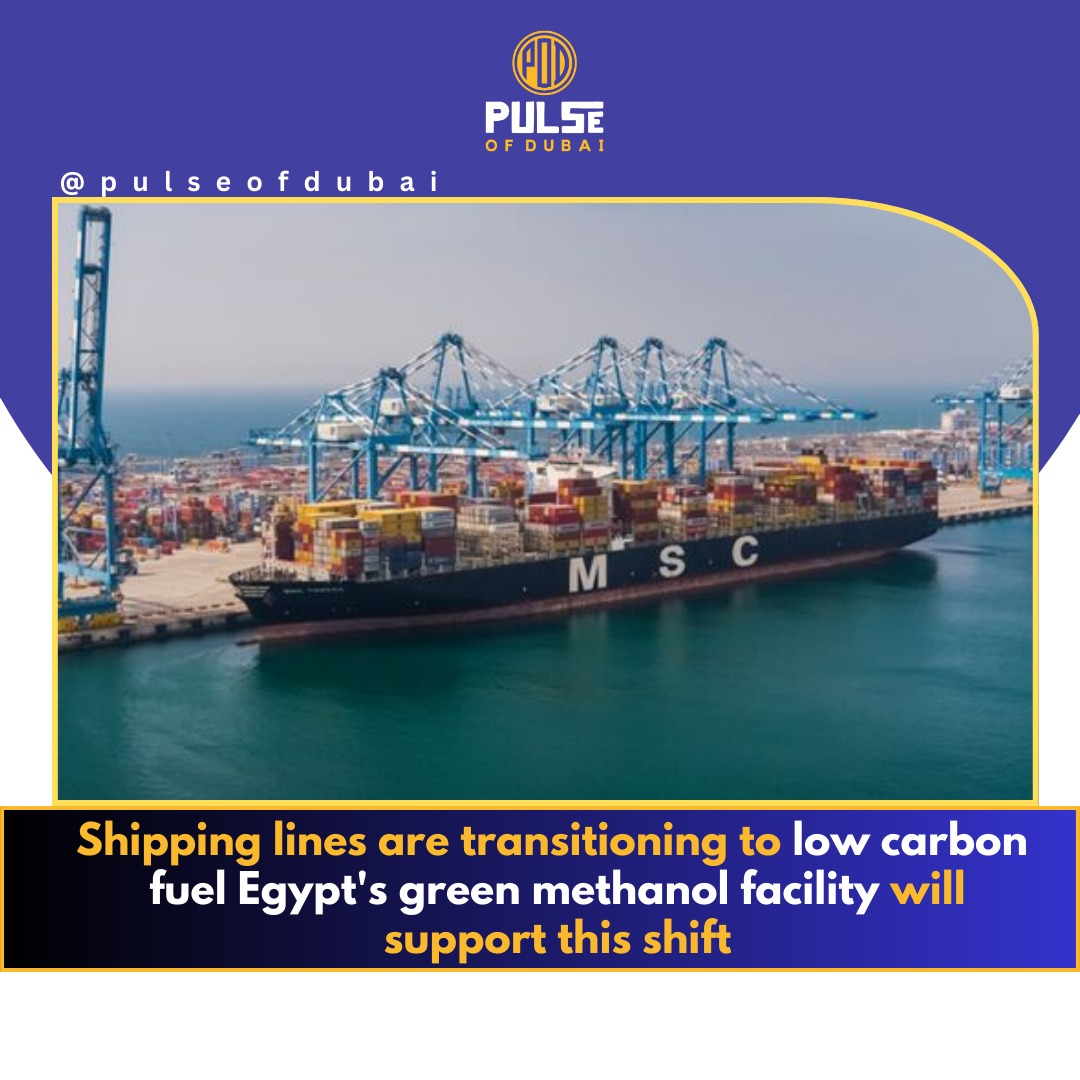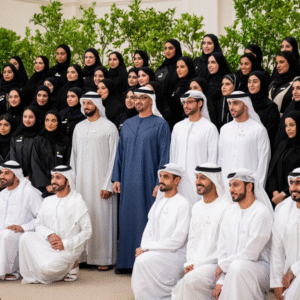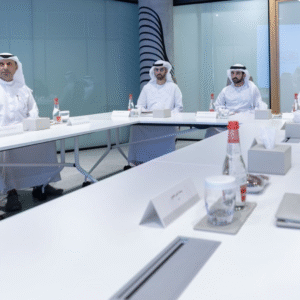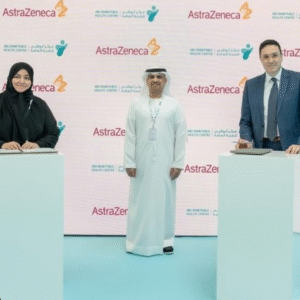Egypt’s recent investment in a new green methanol facility marks a significant step towards supporting the shipping industry’s transition to low carbon fuels. This facility is poised to play a crucial role in facilitating the adoption of cleaner energy sources by providing storage and export capabilities for green methanol, a promising alternative fuel.
Green methanol, produced using renewable energy sources such as solar and wind power, offers a sustainable solution to reduce greenhouse gas emissions in the shipping sector. As the maritime industry faces increasing pressure to curb its environmental impact, there is growing interest in transitioning away from traditional fossil fuels towards more eco-friendly alternatives.
The establishment of Egypt’s green methanol facility aligns with global efforts to decarbonize shipping and mitigate the industry’s contribution to climate change. By offering storage infrastructure and export capabilities for green methanol, Egypt aims to position itself as a key player in the transition to low carbon fuels.
One of the primary challenges in adopting alternative fuels like green methanol is ensuring a reliable and accessible supply chain. The new facility in Egypt addresses this challenge by providing storage capacity for green methanol, ensuring a consistent and stable supply for shipping lines looking to make the transition.
Moreover, the export capabilities of the facility enable Egypt to leverage its strategic geographical location as a gateway between Europe, Asia, and Africa. This positions the country as a central hub for the distribution of green methanol to shipping routes around the world.
The availability of green methanol storage and export facilities in Egypt can incentivize shipping companies to invest in cleaner propulsion technologies, such as methanol-fueled engines. These engines offer a viable pathway to reducing emissions without requiring significant modifications to existing vessels.
In addition to supporting the shipping industry’s sustainability goals, Egypt’s investment in green methanol infrastructure can have broader economic benefits. The development of renewable energy projects and green technology sectors can create jobs, attract investment, and contribute to the country’s transition to a more sustainable and diversified economy.
Overall, Egypt’s new green methanol facility represents a forward-thinking initiative that not only supports the shipping industry’s transition to low carbon fuel but also positions the country as a leader in the global energy transition towards a more sustainable future.









